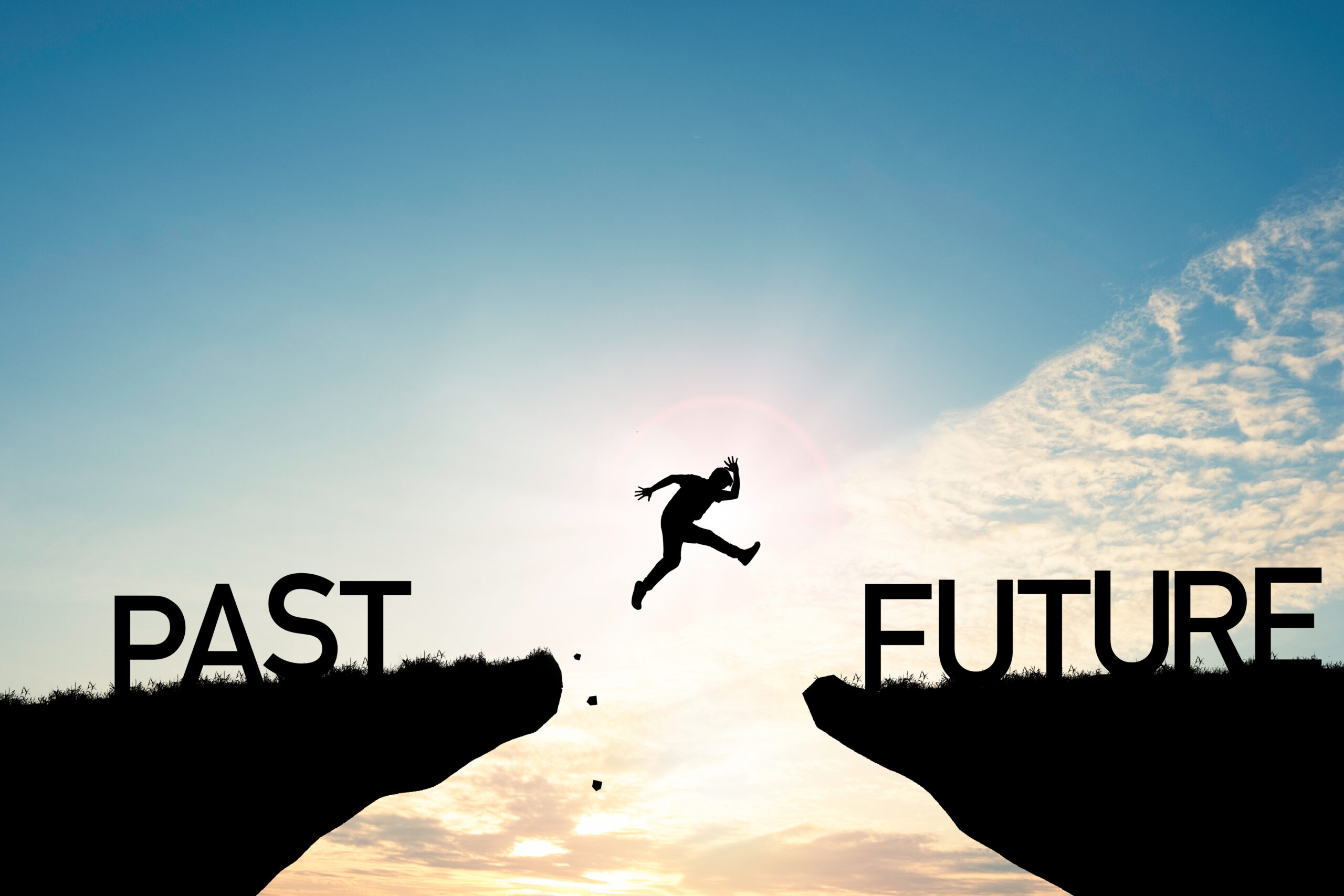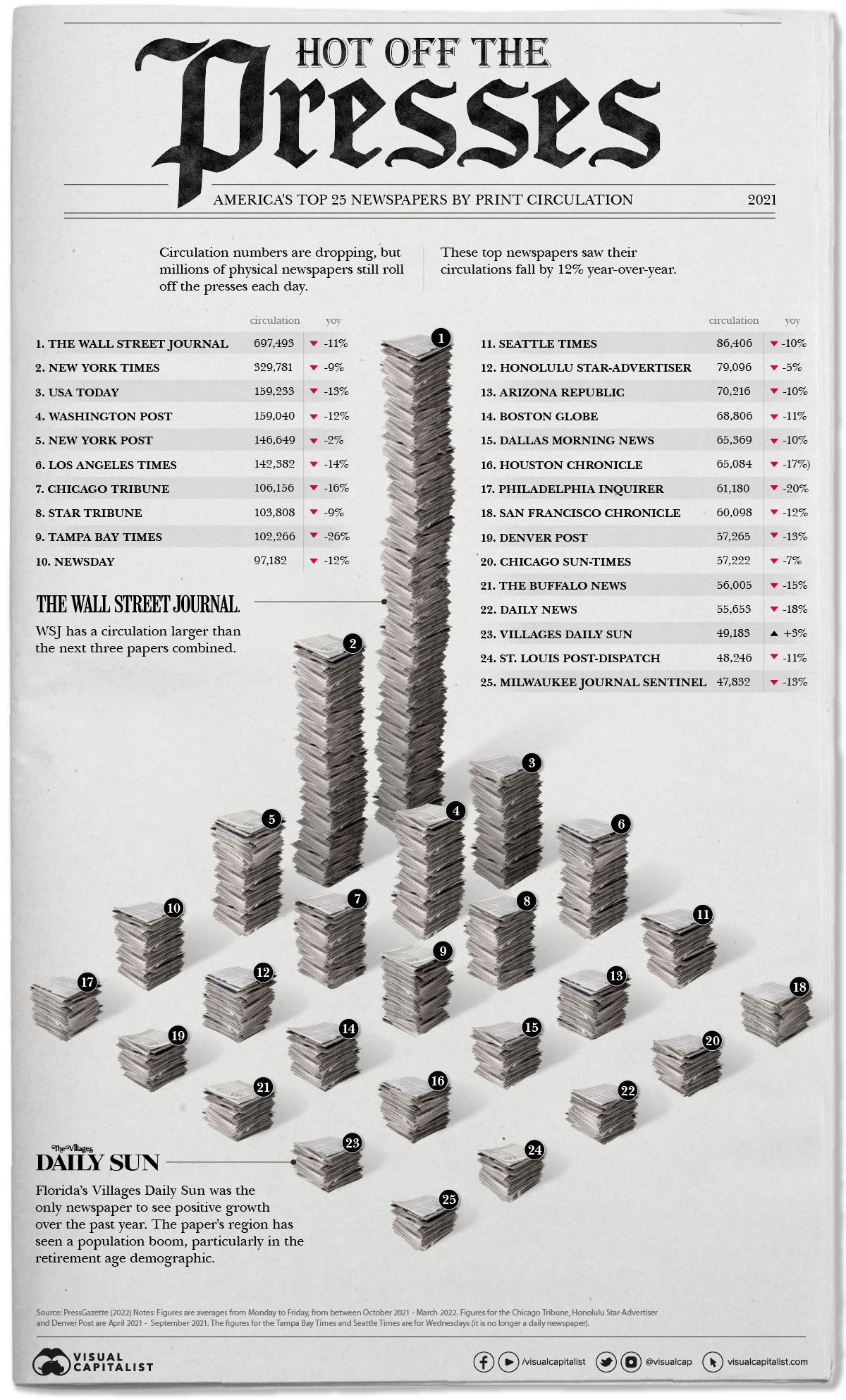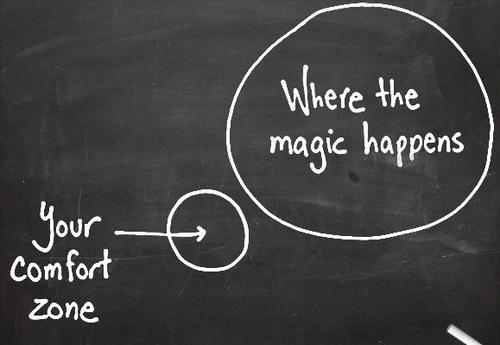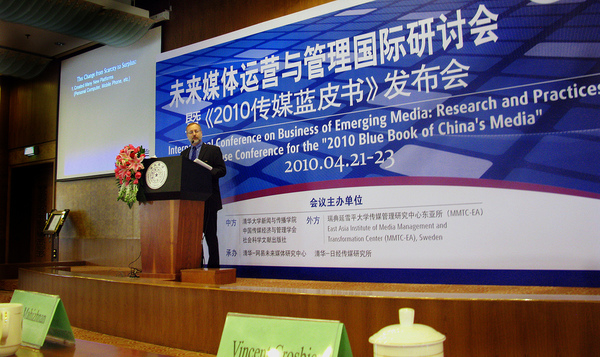Judge If Timed Proved What I Said 17 Years Ago?

The passage of time proves whether or not a consultant’s foresight and advice were accurate. Judge for yourself if mine were.

The passage of time proves whether or not a consultant’s foresight and advice were accurate. Judge for yourself if mine were.

A graphic illustration from VisualCapitalist.com shows the dire situation of U.S. daily newspapers.

Reality is that the world’s newspaper industry, indeed all of the Industrial Era’s legacy industries that are colloquially referred to as the Mass Media, have ultimately failed to adapt to the New Media environment, despite more than 25 years of endeavors, to…

In May, I presented my conceptual paper Individuated Media in the Informational Era at the biennial World Media Economics and Management Conference in Rome. The paper has since been published the in the peer-reviewed, quarterly Journal of Strategic Innovation and Sustainability. I…

As the Industrial Era wanes and the Informational Era dawns, the focus of my consulting and career has changed from Mass Media to Individuated Media. If you don’t know what the latter are, read this.

The most advanced New Media in the world aren’t in the United States but in either of two East Asian countries. South Korea is frequently called ‘the most wired’ nation in the world: virtually all of its 51 million people are online or, as the home to Samsung, the world’s largest manufacturer of smartphone, interconnected wirelessly. Across the Yellow Sea from , South Korean, however, lay the world’s largest population of Internet and smartphone users, who have the world’s most unique and hyperactive New Media market. I believe that it will be from China that most of the world’s New Media innovations during the 2020s will arise. The formidable uniqueness of the Chinese language itself, have caused many technologies, particularly those involving smartphones, to evolve rapidly and hyper-competitively during this past decade. I think that many of those Chinese media technologies will soon start percolating through those governmental and linguistic ‘firewalls’ and begin to be adopted (or ‘Westernized’) worldwide during the 2020s, becoming platforms upon which many of the next wave of technologies for media will be founded. It is time that Westerners learn more about these. [click the headline to read more]

It’s a Beatles vs. Rolling Stones question. What’s the difference between invention and innovation? Invention creates something that had no precursor; innovation makes remarkably better something that had a precursor. The world lauds inventors (Gutenberg, Edison, Marconi, Tesla, et. al.). Yet innovators often have greater effects on our everyday lives, plus it’s much easier to become one. If you’re open to new ideas! Take the example of a Japanese small foundry that found a way to reverse its fortune by being open-mined enough to turn what others called a flaw into a feature. View this four-minute video about Nousaku.[click the headline to read more]

I think The Correspondent will be just a boutique operation. It is in vogue, will have its time on the catwalk, but isn’t a journalism business model that can be widely used. My prediction is that The Correspondent itself will succeed, but it won’t have a scalable business model..[click the headline to read this article that appeared in the December 2018 edition of the Digital Deliverance newsletter.]
As Dr. Richard Fletcher, of Oxford University’s Reuters Institute for the Study of Journalism, explains, an ‘echo chamber’ can results when an online user self-selects the websites from which he gets news. However, a ‘filter bubble’ can result when instead an algorithm makes those selections for him: guessing via either programming, ‘machine learning’ artificial intelligence, or a combination of those, what his needs, interests, and tastes are. I think that subtle difference become ever more crucial as the background power (i.e., Moore’s Law) of computing becomes ever more advanced. The user himself is certainly more likely to know his own needs, interests, and tastes, better than any current algorithm can. However, his own self-selections will be more likely to create an ‘echo chamber’ around him. However, algorithmic systems, if they advance at the pace of Moore’s Law (and certainly with the advent of quantum computing) should within the new decade match or even exceed his own capability to match and delivery a mix contents to his needs, interests, and tastes [click the headline to read more]

At the turn of the millennia, Digital Deliverance LLC began publishing a paid-subscription printed newsletter (the recession later killed it). In retrospect, we can state it used a media business model of the waning Industrial Era to provide advice about the…